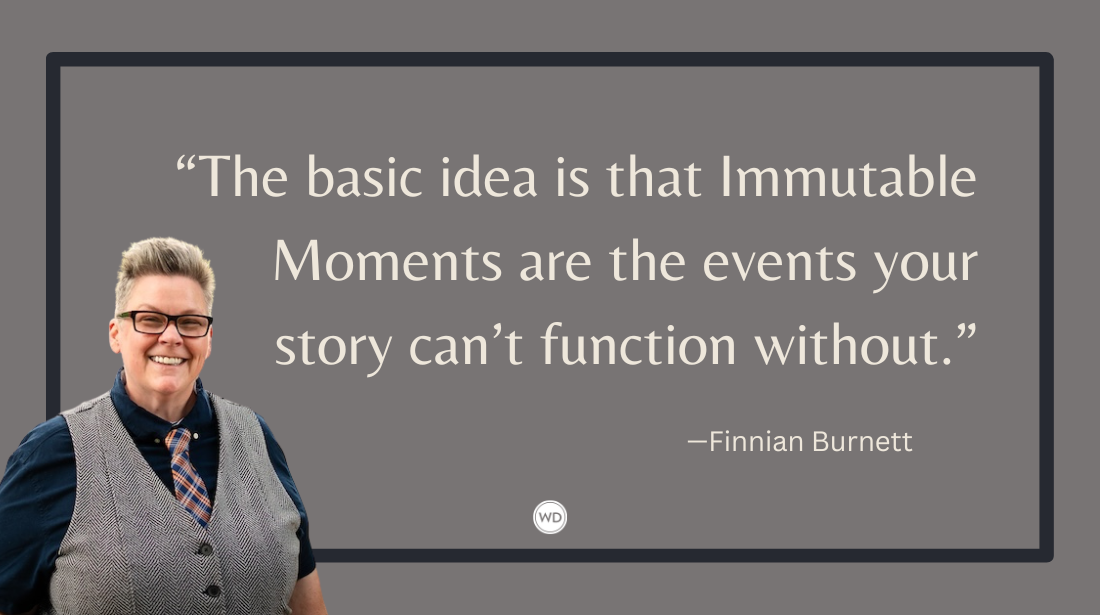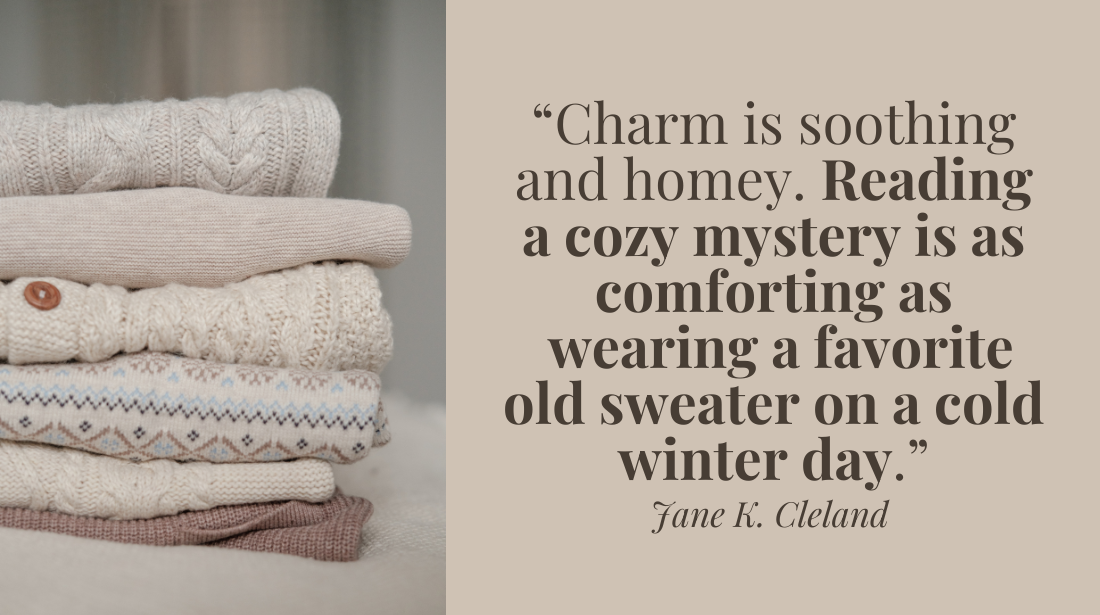8 Things Every Writer Should Know About Classical Music
Music can play a major role across all genres of writing. Here, writer and musician Arianna Warsaw-Fan Rauch shares eight things every writer should know about classical music.
While I sometimes fantasize about a post-apocalyptic world in which the only surviving form of entertainment is Classical Music—a world in which all the Earth’s inhabitants have reconnected with this amazing repertoire and, by necessity, educated themselves in its many nuances and histories—it’s possible to get by, in this pre-apocalyptic world, with almost no knowledge of the genre whatsoever. Still, if you want to write or speak about it in a way that sounds intelligent and authentic, there are a few things you should know.
“Song” is probably not the word you want.
A Classical Music composition is just that—a “composition”—or, more commonly, a “piece.” It can also be a symphony or an overture or a sonata or a rhapsody. (Or etc.) It’s never a “song” unless it is actually sung—and even then, it might be an aria (if in an opera) or a lied (if in German) or a chanson (if in French). (The plural of lied, by the way, is lieder, and the plural of chanson is chansons.) There are only, like, five real “songs” in the standard classical canon. So don’t have your classical music aficionados going around talking about “songs” unless they’re being ironic. And if they are being ironic, consider the word “ditty” instead so people like my Juilliard History of Music professor don’t write you angry letters about your improper use of the word “song.”
Stringed instruments need to be tuned.
String players tune every time they pick up their instruments. The longer an instrument has been lying around, the more out of tune (and difficult to tune) it will be. What this means is that no one, however inspired or transported by some joyful memory, is going to be able to uncover a violin case that’s been locked in an attic for 50 years, open it, pick up the violin, and start to play it without tuning first. (Also, if they haven’t played the violin in 50 years, they’re going to sound like shit regardless.)
Conductors are not universally revered.
Moreover, the magical “control” they seem to have over their ensembles is a matter of cooperation and charity on the parts of said ensembles. Orchestras can generally play without them, and some do. (Still more might like to.) There are conductors who are beloved—and who are geniuses (not always one and the same)—but many of them are just awkwardly elevated, overpaid musicians who are sometimes necessary for organizational reasons but who aren’t particularly inspiring or worthy of adulation.
IndieBound | Bookshop | Amazon
[WD uses affiliate links.]
There are a lot of amazing works in the classical repertoire (and specifically by Beethoven) that can mesmerize and transport and delight people.
“Für Elise” isn’t one of them. I’ll save my theories about how it ended up being the poster child for the genre for another time; my point here is that it’s the kind of piece that makes musicians and classical music lovers everywhere roll their eyes. So, unless this is the reaction you want from your readers, pick another piece to write about.
Average-sized bodies don’t fit inside average-sized grand pianos unless you chop them up first.
You don’t need to know how I know this; you just have to trust me that it’s true. Have your murderers shove their dead bodies in double bass cases instead.
You can’t steal a Stradivarius (or any highly valuable instrument) and then turn around and sell it successfully.
Unless you have a buyer lined up in advance—and they plan to keep it locked away forever. The reason for this is that no one is going to pay millions (or hundreds of thousands) for a violin that hasn’t been authenticated—and all the experts who are capable of this kind of authentication will recognize your stolen instrument. The music world is small. The world of rare instruments is even smaller.
The industry is competitive but not malicious.
The classical industry is competitive in the sense that there are more great players than the industry (and particularly the peak of the industry) can support, but it’s not competitive in the sense that we go around murdering and sabotaging one another. Second violinists are often depicted, in stories and film, as repressed and resentful—and I remember watching a murder mystery recently, in which a violinist was killed “because no one had a left hand like his.” There are violinists with infuriatingly awesome left hands, but way too many of them to murder—and I know tons of people who would rather play second violin than first. These overworn tropes aren’t realistic—or even creatively justifiable.
There is some very cool symbolism in classical music.
There are composers who have woven their signatures (usually their initials or some abbreviated form of their name spelled in notes) into their music; there are meanings associated with different keys (C Major is linked to purity, D Major to victory and triumph, E minor to grief and mourning); there are musical figures that are often used to symbolize specific phenomena (dotted rhythms, for instance, can signify galloping, the military, or nobility); and in opera, leitmotifs (short musical figures linked to specific characters or events) are almost like embedded subliminal messages. The repertoire is a treasure trove of inspiration and riddles.
Arianna Warsaw-Fan Rauch earned a bachelor’s degree and Master of Music from the Juilliard School and has performed as a classical violinist in top venues around the world including Carnegie Hall, Boston Symphony Hall, and the Ravinia, Verbier, La Jolla Summerfest, and Aspen Music festivals. She has toured with such legendary artists as jazz trumpeter Chris Botti and Sir James Galway. Declassified is her first book.








